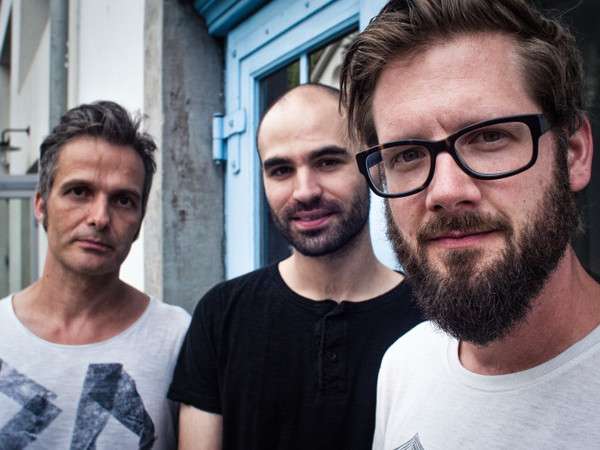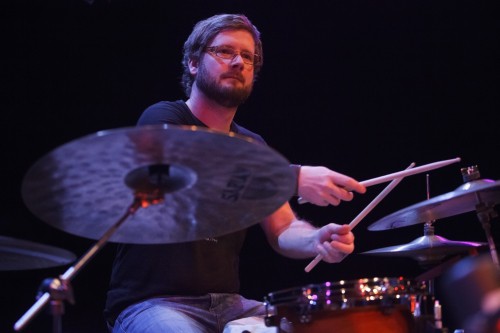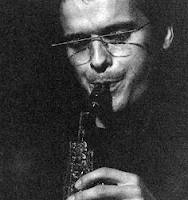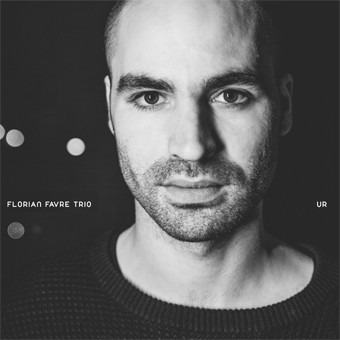
Escape Argot
Band,
Jazz
For ten years Christoph Steiner has fascinated audiences all over Europe with the fantastic band Hildegard lernt fliegen [Hildegard learns how to fly]. The band evokes the same euphoria whether among distinguished guests of renowned festivals or in a crowd expecting punk rock at an underground club in Berlin. Additionally, Steiner recorded an album with Claudio Puntin and the Lucerne Jazz Orchestra and amazes with his freely improvising trio Das Beet, with vocal acrobat Andreas Schaerer and Claude Meier on bass and electronics. The drummer, born in 1980, already composed pieces during his studies and also wrote for his duo with Marc Stucki. Escape Argot is the first project now, in which Steiner fully commits to the role of composer and bandleader. What led to this was a carte-blanche invitation to the annual festival of the Jazzwerkstatt Bern [Jazz-Workshop Bern]. Steiner put together an unusual instrumentation, in which they have been continuously working together ever since. “The band was supposed to be small, so it stays flexible for improvisation,” he explains, “also, I wanted to take myself into a new situation. That’s why I asked Christoph Grab if he wanted to take part.” Up until then, Steiner had never played with the saxophonist from Zurich. Besides tenor, alto and soprano saxophone, as well as bass clarinet, Grab, born in 1967, also masters live electronics. His non-conform project Science Fiction Theater is something in between serious jazz, exciting anarchy and ironic surf- and space-rock. Steiner has already known the cross-stylistically virtuoso pianist Florian Favre since college days. Originally from western Switzerland, Favre most recently enchanted listeners all over with his trio, with their album Ur and with great live shows, at the Jazzahead for example. His playing unites concentration, denseness and lightness, reflects classical influences, is reminiscent of pop music and captivates through virtuosity and French charm. “Besides piano, Florian often plays bass lines on the Moog synthesizer, thus combining two instruments in one head,” Steiner celebrates. The bandleader deliberately chose not to get a bass player, “because then I have different possibilities and responsibilities in shaping the sound as a drummer.” The repertoire on Still Writing Letters sounds remarkably variable and at the same time preserves a conceptual overall theme. The core principle is regarding a composition or improvisation as a journey of sound. As apposed to traditionally arranged pieces, this journey doesn’t need to return to its starting point. Some passages entice with lyrical melodies and subtle beauty, others with swelling dynamics, surprising twists and ostentatious boosts of energy. To inspire more interaction, Steiner left a lot of open space on his sheets. Very few arrangements are fully formulated; in some pieces the almost fragmentary information fits on three staff lines. “This way we can communicate very personally and each express our own voice on equal footing
Members
 | Christoph Steiner dr CH |
 | Christoph Grab sax, ts *1967 CH |
 | Florian Favre p |
Popular Tracks 

Track list and 30sec audio provided by ![]()
Discography
| Title | Artist | Year | Type |
|---|---|---|---|
| Still Writing Letters | Escape Argot | 2018 | Album |
